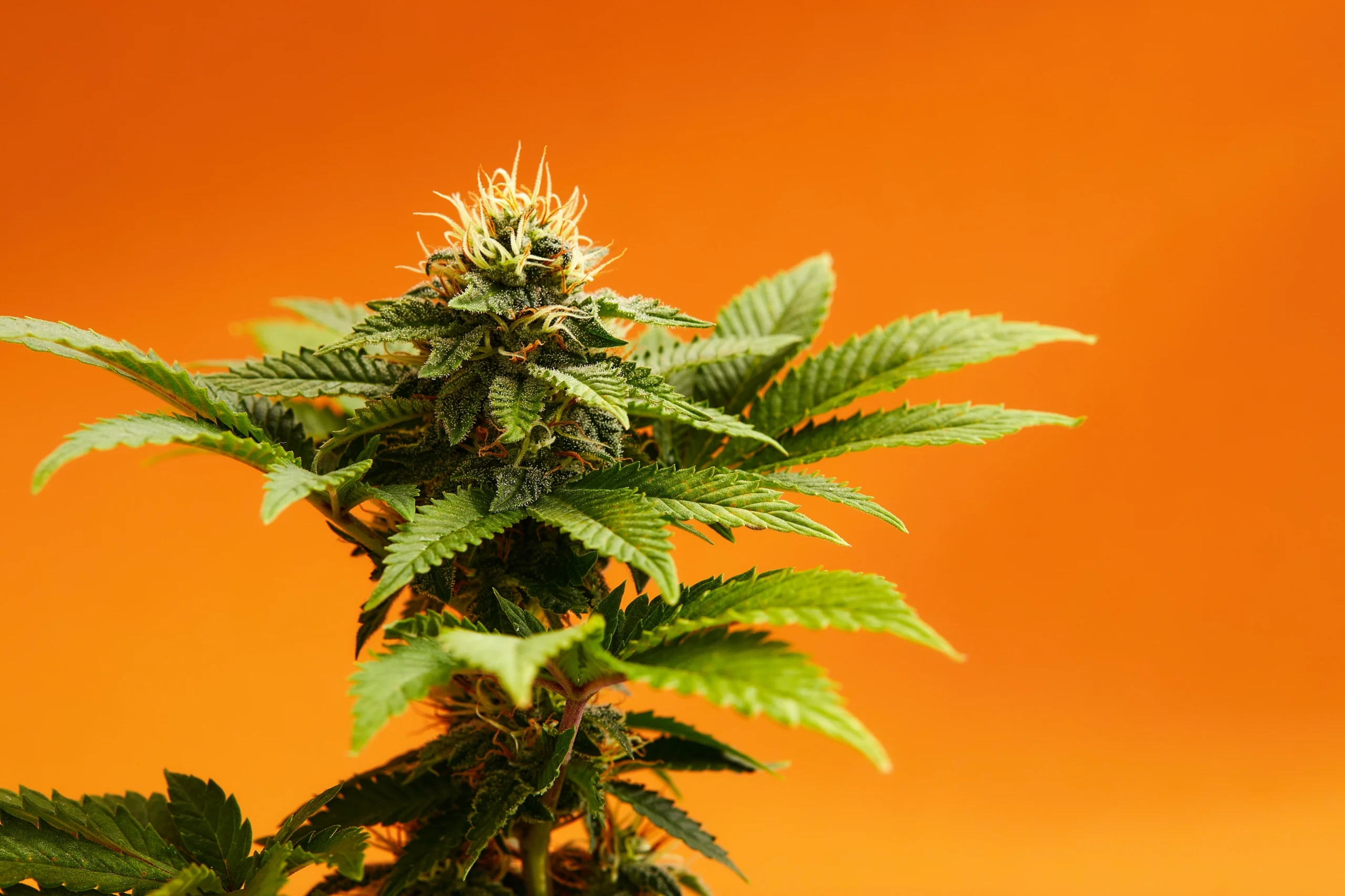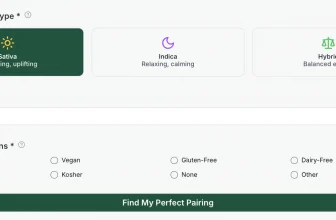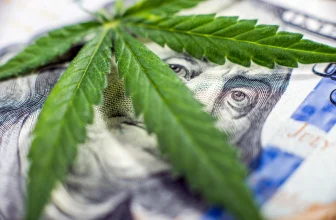
Is Marijuana Legal in Hawaii? Great question. The Aloha State is a lot of things — sunny, breezy, tropical, gorgeous beyond imagination — and when it comes to their stance on marijuana, you can be cautiously optimistic.
Let’s start with the hard facts:
- Recreational marijuana is illegal in Hawaii, but that could change soon
- Possession of ≤3 grams of marijuana has been decriminalized
- Medical marijuana from state-licensed dispensaries is legal for those with valid medicals cards
- Home growing is illegal in Hawaii
If you’ve ever looked into a state’s marijuana laws, you know that it’s seldom a simple set of black-and-white rules. Read on to learn all the details of Hawaii’s marijuana laws.
Recreational Marijuana in Hawaii
Hawaii is making progress on cannabis laws, but at the current time, it is still illegal to smoke marijuana recreationally.
The good news is that the government decriminalized possession of 3 grams or less in 2019, and if you’re caught with that amount, you’ll only owe a fine of up to $130. If you’re caught possessing between 3 grams and 1 ounce, however, you’re at risk of a misdemeanor charge, $1,000 in fines, and up to 30 days in jail.
Will Hawaii Legalize Marijuana?
While 2019 was a pivotal year for Hawaii’s marijuana laws, 2021 was even more pivotal. Hawaii’s Senate approved a new bill that would legalize possession of up to 1 ounce of marijuana by adults 21 years and older. This law would also make it legal to grow marijuana for personal use.
At present, the bill is still awaiting the signature of the governor. The delay is due to the governor’s uncertainty about contradicting federal law. His worry is that since marijuana is federally illegal, people will feel they are safe to use marijuana in Hawaii and could still be vulnerable to prosecution under federal law.
However, federal lawmakers have introduced yet another bill that would legalize and deschedule marijuana. This is just one of many harbingers of change from Washington, D.C., and along with the successful example set by other states that have legalized pot, there’s plenty of reason to expect the governor to see the light.
Medical Marijuana in Hawaii
Medical marijuana has been legal in Hawaii since 2000. In fact, Hawaii was the first state to legalize medical weed via the legislature instead of a ballot initiative.
Residents of Hawaii must have a valid, state-sponsored medical marijuana card in order to purchase weed from a dispensary or grow it at home. Additionally, individuals from other states who hold valid marijuana cards from their home states can purchase from Hawaiian dispensaries.
It is illegal to transport medical cannabis between islands.
Medical marijuana is permitted to treat specific conditions, according to Hawaii.gov:
- Cancer
- Amyotrophic Lateral Sclerosis
- Glaucoma
- Multiple Sclerosis
- Rheumatoid Arthritis
- Lupus
- Epilepsy
- Positive status for HIV
- Acquired immune deficiency syndrome
- Post-traumatic stress disorder
- Cachexia or wasting syndrome
- Severe pain
- Severe nausea
- Seizures, including epileptic seizures
- Severe, persistent muscle spasms, including those from Crohn’s disease or multiple sclerosis or Crohn’s disease
FAQs
Here are some frequently asked questions about marijuana in Hawaii:
How much can you have on you?
You are not allowed to carry recreational marijuana on your person. If you’re caught with ≤3 ounces, you’ll only owe a $130 fine. More than 3 ounces can land you a misdemeanor charge, a $1,000 fine, and jail time.
Can you smoke weed in public in Hawaii?
Medical status or not, it’s illegal to smoke weed in public in Hawaii. You are only allowed to consume marijuana on private property.
Is it legal to grow marijuana in Hawaii?
No, you’re not allowed to grow marijuana on your property. Police will treat it as possession. However, medical marijuana patients can grow a limited number of plants.
Can I travel with medical marijuana?
No, you cannot travel to or from Hawaii — or between Hawaiian islands — with marijuana. This is considered drug trafficking and can lead to 5 years in jail and $250,000 in fines.






